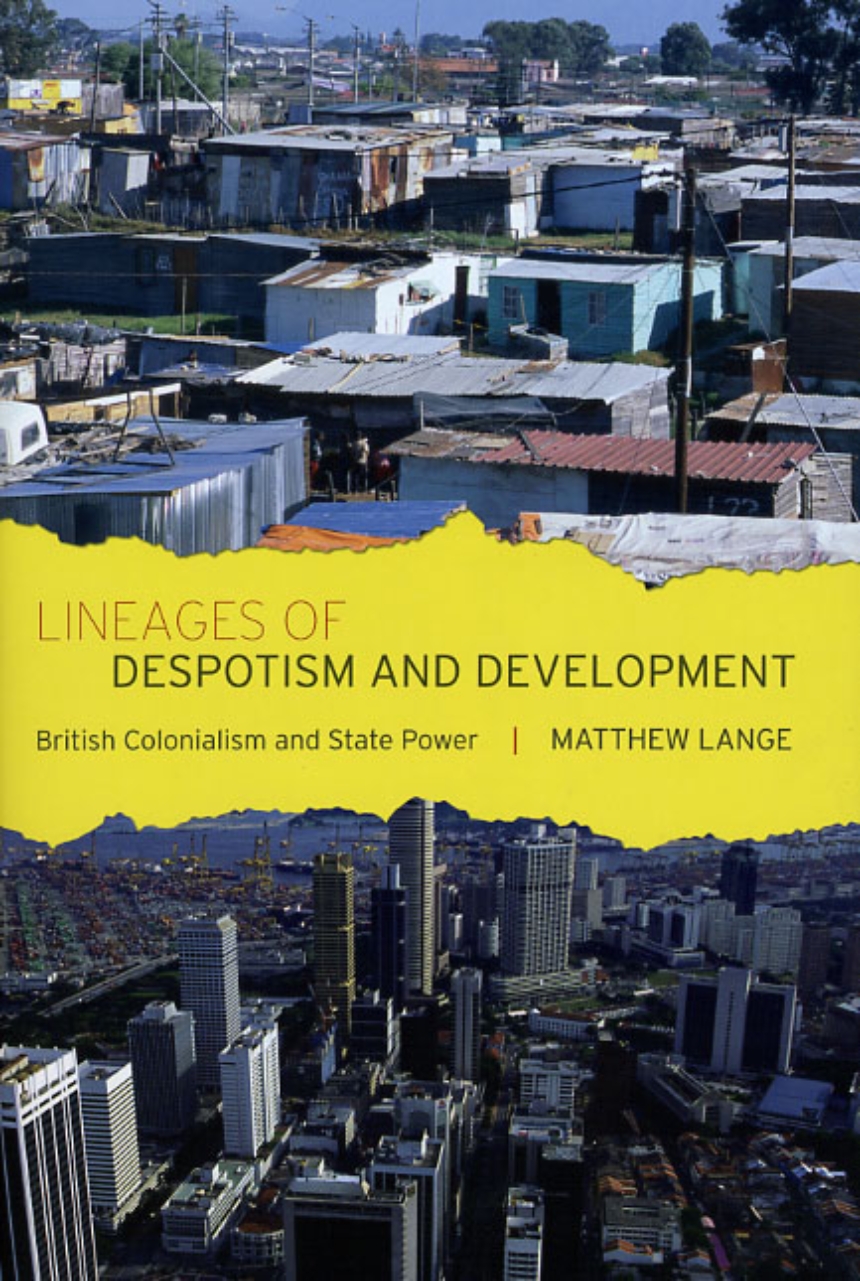Lineages of Despotism and Development
British Colonialism and State Power
Traditionally, social scientists have assumed that past imperialism hinders the future development prospects of colonized nations. Challenging this widespread belief, Matthew Lange argues in Lineages of Despotism and Development that countries once under direct British imperial control have developed more successfully than those that were ruled indirectly.
Combining statistical analysis with in-depth case studies of former British colonies, this volume argues that direct rule promoted cogent and coherent states with high levels of bureaucratization and inclusiveness, which contributed to implementing development policy during late colonialism and independence. On the other hand, Lange finds that indirect British rule created patrimonial, weak states that preyed on their own populations. Firmly grounded in the tradition of comparative-historical analysis while offering fresh insight into the colonial roots of uneven development, Lineages of Despotism and Development will interest economists, sociologists, and political scientists alike.
260 pages | 9 line drawings, 20 tables | 6 x 9 | © 2009
Economics and Business: Economics--Development, Growth, Planning
History: General History
Political Science: Comparative Politics
Sociology: Individual, State and Society
Reviews
Table of Contents
Acknowledgments
1. Introduction: British Colonialism and Developmental Legacies
2. The Developmental Legacies of British Colonialism: A State-Centered Framework for Analysis
3. A Statistical Analysis of British Colonial Legacies
4. Mauritius: Direct Rule and Development
5. Sierra Leone: Indirect Rule and Despotism
6. Guyana: A Case of Despotism Despite Direct Rule
7. Botswana: A Case of Development Despite Indirect Rule
8. Comparing British Colonialism: Testing the Generalizability of Colonial State Legacies
9. Conclusion and Discussion
Notes
Bibliography
Index